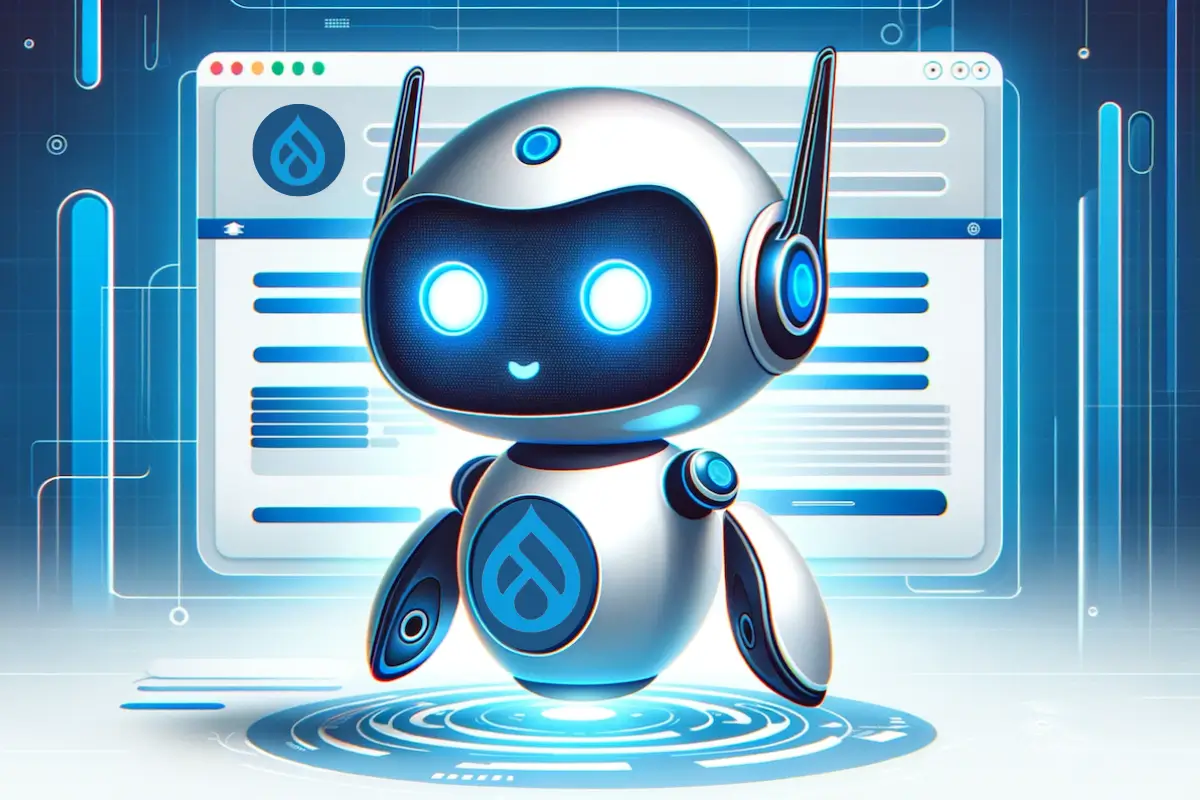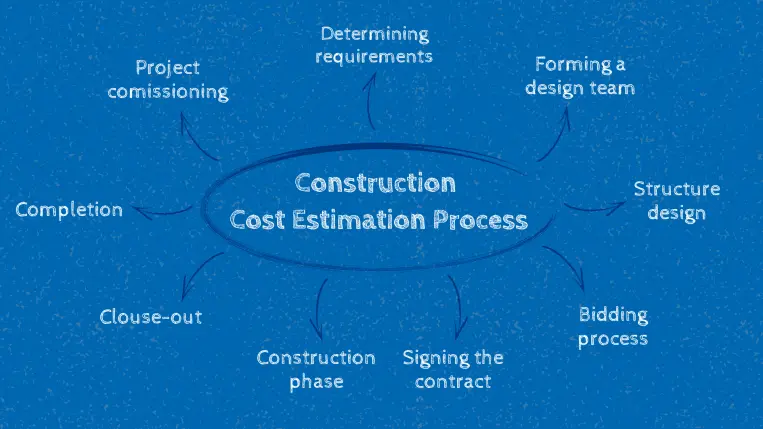ERP AI Chatbot: Everything You Need to Know!
The current business landscape is evolving!
With organizations growing steadily, business experience information is scattered across various departments and systems. Organizations need to unify this information to reduce costs and improve productivity.
The ERP system is a central database that allows quicker access to standardized data, current compliance with regulatory changes, higher productivity, greater visibility, high data security, increased operational efficiency, and facilitated collaboration.
However, the user interface of most ERP systems is complex, leaving a learning curve for your workflow. Interestingly, this is where the ERP AI chatbot steps into the picture to address such problems best.
Understanding ERP AI Chatbots
ERP AI chatbots are smart digital assistants built into Enterprise Resource Planning systems to boost operational efficiency and user experience. These chatbots combine natural language processing, artificial intelligence, and machine learning to provide seamless communication between users and multiple ERP modules, allowing for real-time contact and assistance.
They may automate regular processes like data entry, inventory management, and report preparation, significantly decreasing employees’ workloads and eliminating human error. Furthermore, ERP AI chatbots offer immediate access to crucial information, allowing users to query data, receive reports, and acquire insights without navigating cumbersome ERP interfaces. They are helpful tools for staff and consumers, providing individualized support, answering questions, and guiding users through procedures.
Why Integrate AI Chatbots with ERP Systems?
Integrating AI chatbots into Enterprise Resource Planning (ERP) systems can transform how firms run operations and connect with stakeholders. This combination has various benefits, including increased efficiency, decision-making, and overall corporate performance.
Here’s why you should integrate AI chatbots with ERP systems:
Streamlined Processes
- Automated Data Entry and Retrieval: Chatbots may automate typical operations like data entry and retrieval, saving time spent on human procedures and lowering the possibility of mistakes.
- Task Management: AI chatbots may help manage tasks and processes within the ERP system, reminding users of follow-ups, deadlines, and other actions to guarantee smooth operations.
Enhanced Data Accessibility
- Quick Information Retrieval: Chatbots may swiftly get data from the ERP system, giving users fast access to inventory levels, reports, customer information, and other vital data without navigating through many windows.
- User-Friendly Interface: By acting as an interface to the ERP system, chatbots make it simpler for users to receive information and insights, thus boosting data accessibility.
Improved User Experience
- 24/7 Availability: AI chatbots can provide customer service help to users, allowing employees and consumers to obtain information and assistance anytime, increasing happiness.
- Natural Language Interaction: Chatbots allow users to engage with ERP systems in standard language, making it easier for non-technical users to traverse complicated systems and find the necessary information.
Increased Efficiency
- Reduction in Manual Work: Automating common inquiries and actions allows staff to focus on more value-added and strategic activities, increasing overall productivity.
- Faster Decision-Making: Chatbots provide decision-makers instant access to relevant data and analytics, allowing them to reply to requests and make better-informed decisions.
Data-Driven Insights
- Analytics and Reporting: Chatbots may create reports and insights from real-time data, allowing managers to make educated choices based on reliable information.
- Feedback Collection: Chatbots may collect consumer input on products and services, offering insights into corporate plans.
Scalability
- Support for Business Growth: As businesses develop, chatbots can quickly scale to handle more questions and support needs without incurring a commensurate increase in expenses or resources.
- Can Adapt to Evolving Requirements: Chatbots may be updated and educated to handle new requests and duties, making them versatile tools for dynamic corporate contexts.
Improved Customer Support
- Instant Resolution of Customer Queries: Chatbots may address frequent customer concerns like order progress, product availability, and account difficulties, giving fast support while decreasing the pressure on customer care workers.
- Improved Customer Interactions: By integrating chatbots with ERP systems, firms can give tailored replies based on consumer data, increasing engagement and satisfaction.
Improved Collaboration
- Knowledge Sharing: Chatbots, which operate as centralized sources of information, may help distribute knowledge throughout the firm, ensuring that all employees have access to the same data.
- Cross-Department Communication: Chatbots may help departments communicate more effectively by offering access to shared data and updates, fostering cooperation and teamwork.
Enhanced Security
- Controlled Access: AI chatbots may be set up to grant role-based access to crucial information, ensuring that only authorized staff have access to specific data within the ERP system.
- Data Protection: Data encryption and authentication are security techniques that assist in secure user interactions and prevent illegal access.
What Makes Your ERP AI Chatbot Successful?
Creating an AI chatbot is challenging, but successful deployment leads to substantial commercial advantages.
Here are a few tips that make your ERP AI chatbot more successful:
Laying Your Objectives
Before starting with any ERP AI chatbot use cases, you must determine what you hope to achieve with AI chatbot deployment. Professional Odoo ERP company can assist your company in selecting the appropriate use case and developing a clear sketch of situations where AI assistants will assist, gain a deeper grasp of your AI aim, and do market research.
Selecting the Appropriate AI Platform
Prioritize developing an AI chatbot that integrates with your current ERP system. Our team chooses the technology stack and implements the models that allow organizations to realize the full benefits of ERP AI Chatbots. Python is a strong candidate for AI and NLP skills, as are cloud platforms such as AWS or Azure and the Microsoft bot framework.
Crafting Conversational Flows
AI chatbot integration can help overcome the problem created by the ERP interface’s lack of intuitiveness. Thus, AI chatbots must be trained to initiate conversations with workers at various touchpoints, preserve context, handle interactions, and reply to users properly. AI consulting firms advocate implementing pre-trained NLP models to help chatbots grasp human intent and context.
Deployment and Monitoring
After building and training AI chatbots for user engagement, they are integrated into the current ERP system. The team constantly examines their performance to enhance client interactions and provide the greatest possible experience.
Conclusion
Artificial intelligence chatbots connected with ERP systems transform organizational operations by providing real-time data access, automating jobs, and improving decision-making skills. Seamlessly connecting with ERP systems improves manufacturing, retail, and logistics processes.
Their capacity to provide 24-hour help, manage difficult inquiries, and customize encounters makes them vital for increasing productivity and lowering expenses. ERP AI chatbots will drive operational performance and productivity as businesses implement AI-powered solutions.






